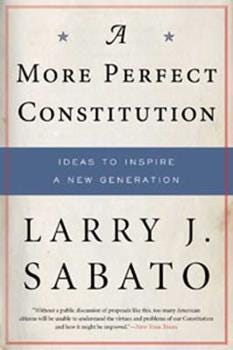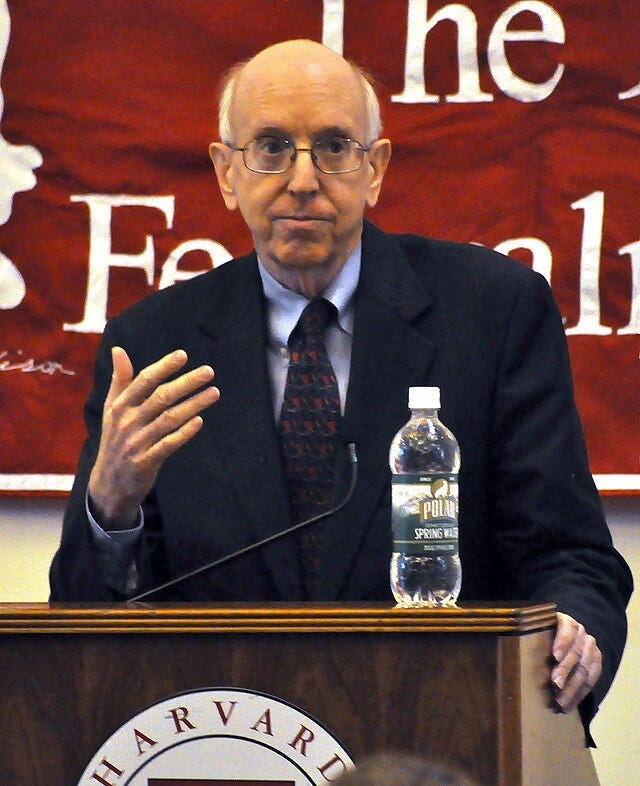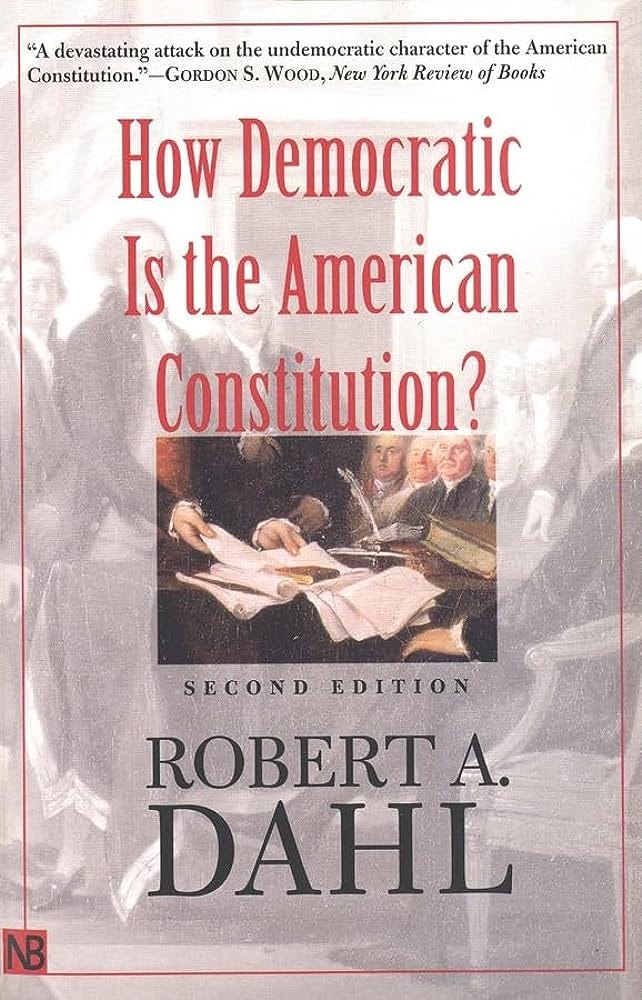Why Losers Win Big with the Electoral College
It's time to aim for the head and take it down once and for all
The Electoral College has managed to hand victory to the loser of the popular vote about 11 percent of the time in US history. How does that happen?
It is the unequal power created by the Electoral College that makes it possible for the candidate who loses the popular vote to win the presidency. Before 2000 such discussion could have been laughed off as mere historical footnotes. At the dawn of the new millennium, it had been more than a hundred years since that had happened. Since then it has happened - twice! Donald Trump lost by 2.8 million votes in 2016 yet claimed presidential victory. George W. Bush lost by half a million votes in 2000 yet claimed victory as well. Just as Benjamin Harrison defeated Grover Cleveland by losing the popular vote in 1888. Just as Rutherford B. Hayes claimed victory over Samuel Tilden by losing the vote in 1876. And just as John Quincy Adams defeated Andrew Jackson by losing in 1824.
So it goes. Five out of 46 presidents have gotten their jobs by losing the popular vote. If this trend continues we can expect 11 percent of future presidents to get their job despite being defeated at the polls. Can you imagine how long the NFL would last if the losers were allowed to claim victory 11 percent of the time? I can hear the analysis now, “Well John, the Packers certainly had more points at the end of the game. It’s just too bad that they didn’t complete more field goals in the early minutes of the third quarter. Otherwise, they might have actually beaten the Bears.” I don’t think football fans would be cool with that. The bigger question is, why are we cool with it?
Truth be told Americans aren’t really that cool with it. Gallup has been polling on this question for nearly 50 years and on average 60 percent of Americans consistently say the Electoral College should be abolished. That number shifts from time to time. In 1968 when Richard Nixon nearly lost the popular vote with a huge win in electoral votes 80 percent of Americans said it was time for the Electoral College to go. When Donald Trump won in 2016 the poll dipped below 50 percent for the first time ever because even though 80 percent of Democrats thought the Electoral College should go, Republicans suddenly remembered how much they loved it and only 19 percent said it should die. But aside from blips like that the message is consistent – the American people have no love for the Electoral College.
Despite this, there are plenty of apologists who argue that when it comes to this crusty old 18th Century compromise we should “mend it, not end it.” Their defenses are facile and weak. Smart people like federal judge Richard Posner take up many column inches arguing it’s a good thing that winning by a small margin in the popular vote (say Obama’s 51.1 percent to Romney’s 47.2 percent in 2012) can translate into a considerable 61.7 percent in the Electoral College. According to Posner this “certainty of outcome” is good because it makes recounts unnecessary. Okay. Posner also argues with a straight face that swing states are a good thing because “voters in toss-up states are more likely to pay close attention to the campaign.” Putting aside for a moment what we discussed in my last post, that swing voters in swing states are the last people we should have deciding our elections, Posner essentially says that having a minority of “thoughtful” voters decide our elections is better than having everybody decide our elections by weighing all our votes equally.
Another common argument is that electing presidents by popular vote would encourage campaigns to neglect small states in favor of big states or big cities. The thinking goes that if every vote were weighted equally presidential candidates would only campaign in big cities or big states because that’s where the most voters are. Supposedly, without electoral votes there would be little incentive to compete for the votes of citizens in smaller states and their interests would be ignored by national politics. But as Robert Dahl points out this is a faulty assumption. He writes, “In a system of direct election where every citizen’s votes are given equal weight, presidential candidates will be even more eager than they are now to win votes wherever they might be available; and the closer they expect the election to be, the more eagerly they will search out those votes.”
Finally, the winner-take-all nature of the Electoral College is supposedly a good thing because it promotes “stability.” As I have discussed, the threat of throwing one’s vote away shoves Americans into the arms of the major parties. According to academic Larry Sabato this helps “forge consensus and encourage coalition building.” Though as we have seen in the hyper-partisanship of recent years this is just not so. According to Sabato having multiple political parties leads to too much quarreling and “frequent, ungovernable destabilization.” Nothing like we have now with just two parties [stares into camera]. Honestly, can having third parties make things any more contentious and dysfunctional than they already are? No one looking at the sad shambles our polity has become needs a postgraduate education to know these alleged upsides of the Electoral College are hogwash.

The reality is that any actual benefits of keeping the Electoral College are few and inconsequential. I can think of no good reason to keep it. Despite hundreds of aborted attempts to kill it off since the Constitution was ratified the Electoral College staggers on, an unkillable zombie abomination. According to the National Archives, “There have been more proposals for Constitutional amendments on changing the Electoral College than on any other subject.” Thomas Jefferson himself called it “the most dangerous blot on our constitution.” It is time we finally aim for the head and take it down once and for all. It is an outrage that the Electoral College is shambling towards its 250th birthday. We should feel shame and disgust that this undemocratic anachronism still haunts our elections.

What do you think? Let me know in the comments. Tomorrow we’ll discuss a non-constitutional change that could potentially be a silver bullet against the Electoral College. Until then, please like, follow, favorite, and subscribe to my free Substack.
What do you say? Let’s make them pay.









